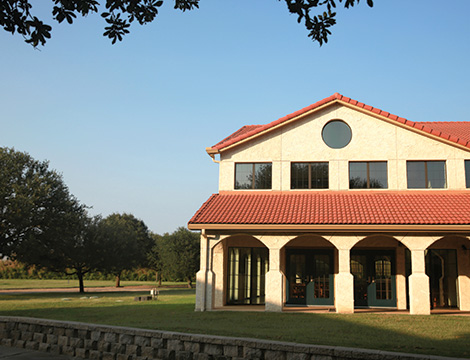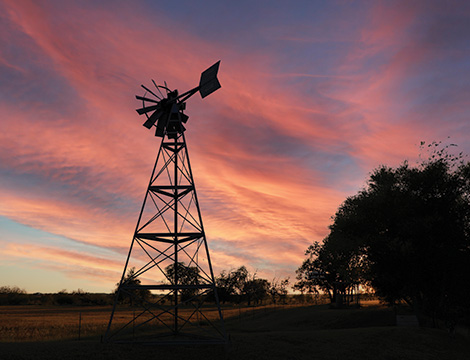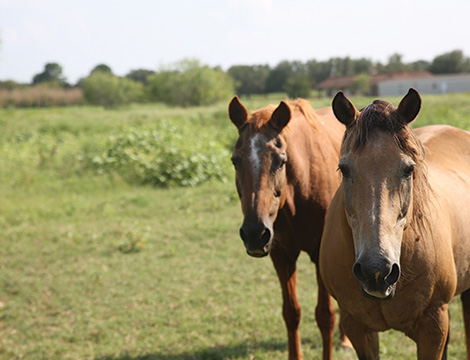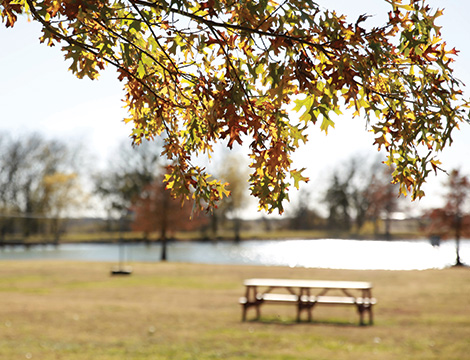Substance Use Disorder & Chronic Relapse in a Dual Diagnosis
RELAPSE IS NOT FAILURE OR DEFEAT
It’s important to note that relapse does not mean failure or defeat; rather, it means the individual must analyze what happened, why it happened, and how to prevent it from happening again in the future.
With some guidance and support from healthcare professionals, people with addictions can learn the tools needed to maintain sobriety and a drug-free lifestyle.
What is drug relapse and why does it happen?
Relapse occurs when an individual who is in recovery returns to drug use. It can happen suddenly or gradually, and it’s often the result of a combination of factors that lead to drug relapse. These factors can include the following:
- Stress
- Inaction
- Anxiety
- Boredom
- Conflict
- Anger
- Depression
- Social Influences
Substance-Specific Resources for Chronic Relapse
Even if someone has been sober for a long time, relapse is still a possibility because addiction can be difficult to overcome without the proper relapse prevention tools and guidance.
Understanding why relapse happens and being aware of warning signs can help individuals prevent it from occurring. Taking steps such as avoiding certain places or people associated with drug use and finding new coping skills may also help minimize the risk of drug relapse.
Burning tree ranch provides the tools for you to truly achieve long-term sobriety
The stages of relapse
Stage 1
The Emotional Stage
The first stage of drug relapse is the emotional stage. This involves feelings of guilt, anxiety, depression, or anger that may lead to drug cravings.
During this time it’s important to practice self-care and mindfulness, you can also seek support from a therapist or other healthcare professionals if needed.
Stage 2
Mental Preparation
The second stage of drug relapse is mental preparation for drug use. This includes rationalization or making excuses for drug use such as “just one time won’t hurt” or “this will help me cope with my situation.”
If these thoughts start to creep in it’s important to remember why you decided to stay drug-free and take action to avoid drug use.
Stage 3
The physical stage
The third stage of drug relapse is the physical stage, which involves actually using drugs or alcohol. This is when a person is most likely to experience serious consequences.
It’s essential to recognize these warning signs early and take measures to prevent drug relapse from getting to this point.
How to prevent relapse
Preventing relapse is possible when individuals have the right tools and support in place. A few strategies for avoiding relapse include:
- Create an action plan to deal with stressors & temptations
- Attending regular therapy sessions or support groups
- Practicing self-care, mindfulness, and relaxation techniques
- Building a sober social network of friends and family
- Avoiding places or people associated with drug use
- Seeking help immediately if drug cravings arise
Need help with drug relapse?
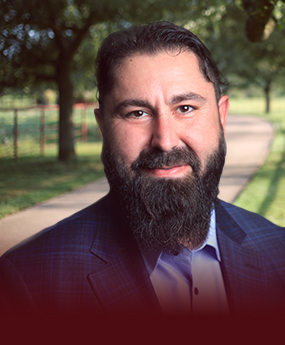
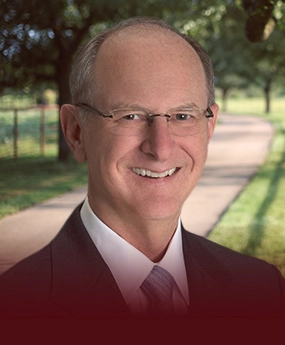

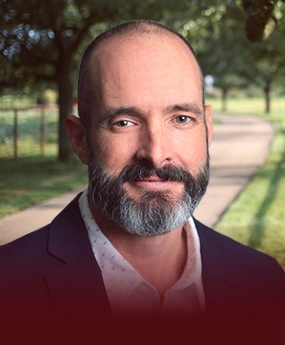
Get Help for Drug Relapse and Find Recovery at Burning Tree Ranch
At Burning Tree Ranch, we understand the challenges and setbacks that drug relapse can bring. That is why we are committed to providing the highest quality of care for those struggling with drug addiction relapse.
Our experts specialize in helping individuals develop individualized treatment plans and support strategies tailored to their unique needs.
Our program focuses on long-term drug recovery through a collaborative approach between treatment professionals, clients, family members, and other healthcare professionals if needed.
We use evidence-based therapies such as cognitive-behavioral therapy (CBT) to help clients identify early warning signs and create an action plan for dealing with them. Additionally, we provide group counseling sessions to build social skills and establish sober relationships while gaining insight into personal problems related to drug abuse. We also offer family therapy, drug education classes, and aftercare planning to ensure that people can maintain sobriety for the long term.
At Burning Tree Ranch, we believe in our client’s ability to beat drug relapse and lead healthier lives.
Our team of compassionate professionals is committed to providing the necessary support and resources needed to help individuals on their journey toward lasting recovery. With dedicated care and individualized treatment plans, our clients can take back control of their lives and regain a sense of hope. If you or a loved one is struggling with drug addiction relapse, contact us today to learn more about how we can help.

